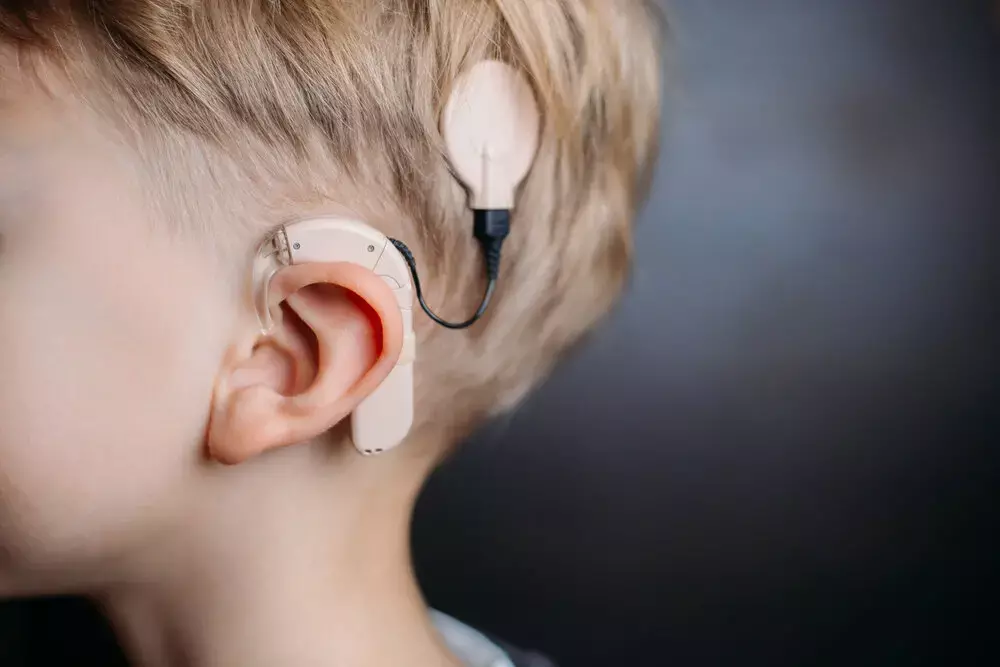- Home
- Medical news & Guidelines
- Anesthesiology
- Cardiology and CTVS
- Critical Care
- Dentistry
- Dermatology
- Diabetes and Endocrinology
- ENT
- Gastroenterology
- Medicine
- Nephrology
- Neurology
- Obstretics-Gynaecology
- Oncology
- Ophthalmology
- Orthopaedics
- Pediatrics-Neonatology
- Psychiatry
- Pulmonology
- Radiology
- Surgery
- Urology
- Laboratory Medicine
- Diet
- Nursing
- Paramedical
- Physiotherapy
- Health news
- Fact Check
- Bone Health Fact Check
- Brain Health Fact Check
- Cancer Related Fact Check
- Child Care Fact Check
- Dental and oral health fact check
- Diabetes and metabolic health fact check
- Diet and Nutrition Fact Check
- Eye and ENT Care Fact Check
- Fitness fact check
- Gut health fact check
- Heart health fact check
- Kidney health fact check
- Medical education fact check
- Men's health fact check
- Respiratory fact check
- Skin and hair care fact check
- Vaccine and Immunization fact check
- Women's health fact check
- AYUSH
- State News
- Andaman and Nicobar Islands
- Andhra Pradesh
- Arunachal Pradesh
- Assam
- Bihar
- Chandigarh
- Chattisgarh
- Dadra and Nagar Haveli
- Daman and Diu
- Delhi
- Goa
- Gujarat
- Haryana
- Himachal Pradesh
- Jammu & Kashmir
- Jharkhand
- Karnataka
- Kerala
- Ladakh
- Lakshadweep
- Madhya Pradesh
- Maharashtra
- Manipur
- Meghalaya
- Mizoram
- Nagaland
- Odisha
- Puducherry
- Punjab
- Rajasthan
- Sikkim
- Tamil Nadu
- Telangana
- Tripura
- Uttar Pradesh
- Uttrakhand
- West Bengal
- Medical Education
- Industry
JAMA study finds encouraging results in speech recognition after Cochlear Implantation

Cochlear implantation has become the standard of care for patients with moderate to profound sensorineural hearing loss. A recent study suggests Individual cochlear implantation outcomes for preoperative aided speech recognition appear to be largely beneficial but subject to a large degree of variability. The study findings were published in the JAMA Otolaryngology-Head & Neck Surgery on January 07, 2021.
For patients with severe to profound sensorineural hearing loss and poor aided speech recognition ability, the decision to pursue implantation is straightforward. However, for patients with more residual hearing and aided speech recognition ability at or near the upper limit of candidacy, this decision is more complex. Studies have found that patients have higher mean postoperative word recognition and sentence recognition scores compared with preoperative aided scores. However, limited data are available for individual patients that report comparisons of preoperative aided speech recognition and post-implantation speech recognition. Therefore, researchers of the Medical University of South Carolina, Charleston, conducted a study to evaluate the changes in preoperative aided vs postoperative speech recognition scores for individual patients receiving cochlear implants when considering the measurement error for each speech recognition test.
It was a cross-sectional, review study of a prospectively maintained database of patients who received cochlear implants between January 1, 2012, and December 31, 2017, at a tertiary, university-based referral center. Researchers analyzed data from a total of 470 implants from 323 patients with bilateral sensorineural hearing loss undergoing cochlear implantation with 6- or 12-month postoperative measures using 1 or more speech recognition tests. The outcomes assessed were postoperative word recognition, sentence recognition, and sentence recognition in noise scores, and association of each speech recognition score change with an aided preoperative score to each test's measurement error.
Key findings of the study were:
• Researchers found that most patients had a statistically significant improvement in all speech recognition tests postoperatively beyond measurement error, including 262 for word recognition, 226 for sentence recognition, and 33 for sentence recognition in noise.
• However, in a small number of patients, they noted equivalent preoperative and postoperative scores and four patients (1.6%) had significantly poorer scores in sentence recognition after implantation.
• They noted that the associations between age at implantation and change in speech recognition scores were –0.12 for word recognition, –0.22 for sentence recognition, and –0.10 for sentence recognition in noise.
• They mentioned that patients with no significant improvement were similarly distributed between all preoperative aided speech scores for word recognition (range, 0%-58%) and sentence recognition (range, 0%-56%) testing.
The authors concluded, "Postoperative speech recognition compared with preoperative aided speech recognition for individual patients is largely encouraging. However, individual preoperative aided and postoperative scores are subject to a large degree of variability that may not be adequately represented in groupwise analyses and reporting of mean scores".
They further added, "Presenting individual patient data from a large sample of cochlear implant users provides a better understanding of individual differences in speech recognition outcomes and contributes to more complete interpretations of successful outcomes after cochlear implantation".
For further information:
https://jamanetwork.com/journals/jamaotolaryngology/fullarticle/2774911
Medical Dialogues Bureau consists of a team of passionate medical/scientific writers, led by doctors and healthcare researchers. Our team efforts to bring you updated and timely news about the important happenings of the medical and healthcare sector. Our editorial team can be reached at editorial@medicaldialogues.in.
Dr Kamal Kant Kohli-MBBS, DTCD- a chest specialist with more than 30 years of practice and a flair for writing clinical articles, Dr Kamal Kant Kohli joined Medical Dialogues as a Chief Editor of Medical News. Besides writing articles, as an editor, he proofreads and verifies all the medical content published on Medical Dialogues including those coming from journals, studies,medical conferences,guidelines etc. Email: drkohli@medicaldialogues.in. Contact no. 011-43720751


